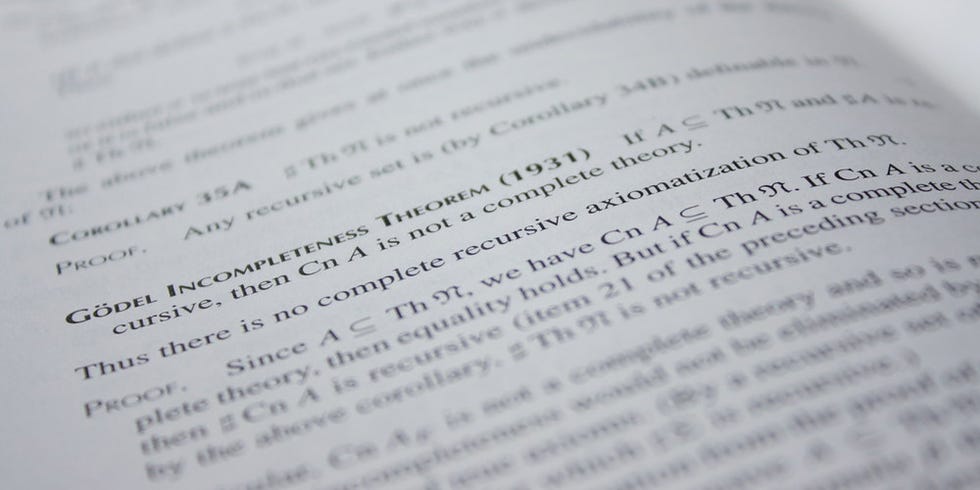Φαντάσου έναν νεαρό Αυστριακό, μόλις
Το όνειρο που γκρεμίστηκε
Εκείνη την εποχή, οι μαθηματικοί ονειρεύονταν να βρουν το τέλειο σχέδιο: ένα σύνολο κανόνων ή «αξιωμάτων» που να εξηγούν τα πάντα στα μαθηματικά, χωρίς κενά ή αντιφάσεις. Σαν να προσπαθούσαν να χτίσουν ένα κάστρο με θεμέλια ατσάλινα. Όμως, ο Γκέντελ ήρθε και είπε: «Αυτό το κάστρο δεν θα ολοκληρωθεί ποτέ!»
Σάρωση για να αποθηκεύσετε ή να κοινοποιήσετε την ανάρτηση




.jpg)

.jpg)









